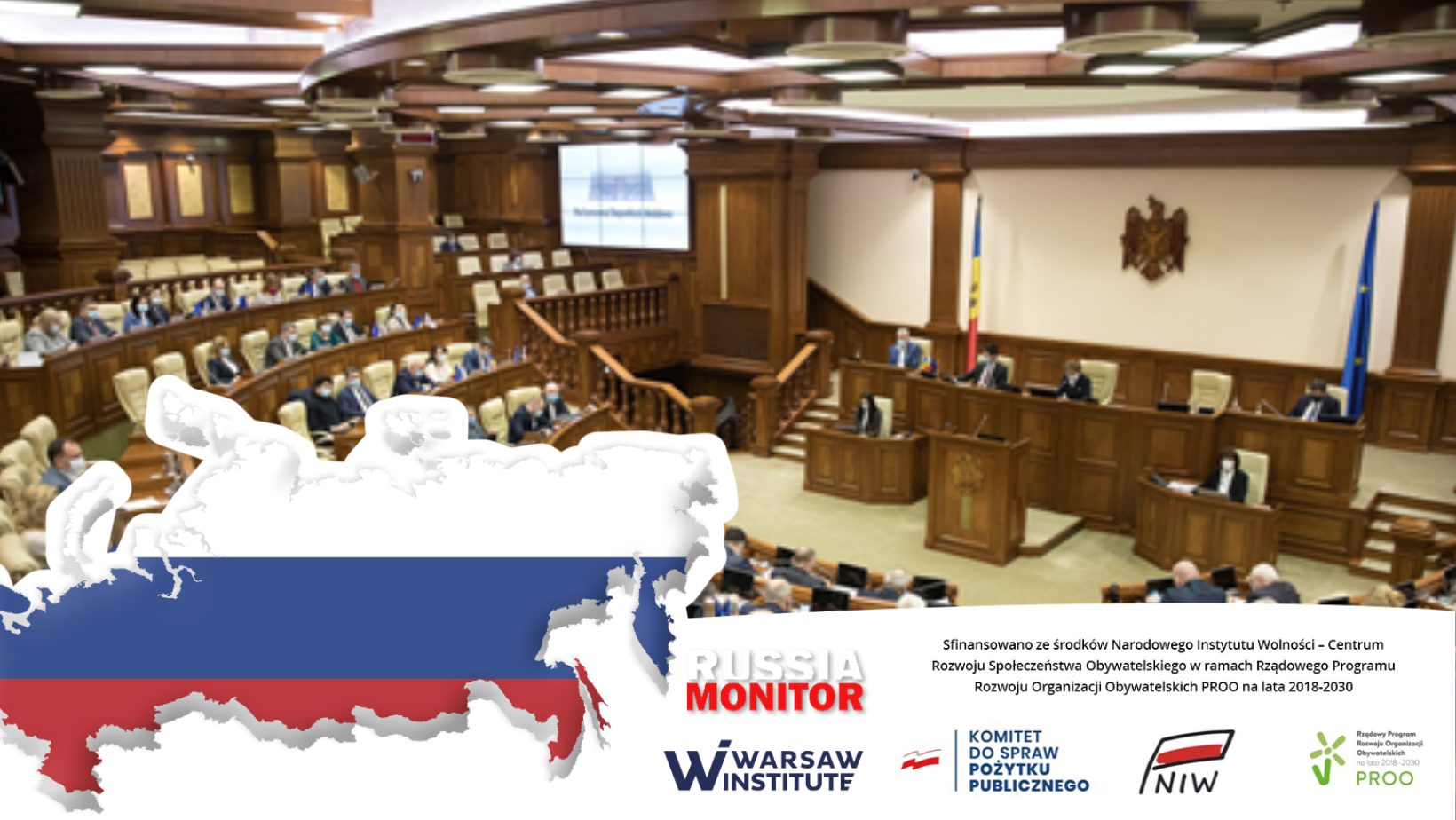
Russia Monitor is a review of the most important events related to Russian internal and external security, as well as its foreign policies.
Date: 26 October 2022 Author: Grzegorz Kuczyński
Moldova Faces Power Blackout: Will Russia Topple the Country’s Pro-Western Government?
Russia has sought to destabilize Moldova through street protests staged by a pro-Russian left-wing opposition party, rising separatist sentiments in Gagauzia, and gas blackmail. In the last scenario, Russia has used its loyal separatists in the Moldovan breakaway republic of Transnistria.

Some 70 percent of Moldova’s electricity needs are covered by the Cuciurgan TPP. The problem is that the facility is located in the Moscow-controlled separatist entity of Transnistria. The power plant in Transnistria is controlled by the Russian group Inter RAO JES. The energy is produced with Russian gas, for which Tiraspol pays nothing, billing it to a decades-old debt that has risen to almost $9 billion. The pro-Russian government of Transnistria said the power plant would meet just 27 percent of electricity demand from October 24 on amid reduced gas supplies from Gazprom. Russia cut gas supplies by 30 percent in October while this figure is likely to grow to 40 percent in November. The Moldovan government said Energocom, a state-run energy company, submitted a request to the Transnistria power plant to meet its commitments. Energocom bought 18 million cubic meters of gas to replenish resources, it added. Russia’s Gazprom cut natural gas supplies to Moldova by around 30 percent since early October. Moldova relies entirely on Russian commodities for its gas needs. Romania has also announced its availability to deliver up to 150 million cubic meters of gas per month. The damage caused by Russian bombings in recent days has led to a massive reduction in Ukraine’s energy exports to Moldova and European Union markets. Romania also said it might supply 235 MW of electricity lower than the price on the spot market. The Moldovan government urged people to save energy at home and work. Households in Moldova may soon face power outages. Moldova’s energy crisis is likely to aggravate the country’s political turmoil. The Shor Party, a populist party in Moldova, is exploiting social discontent amid rising gas and energy prices and high inflation and has staged protests for a couple of weeks now. Some protesters are being paid to participate. The party is led by Ilan Shor, a Moldovan fugitive businessman currently operating from Israel. Shor, who holds Moldovan, Russian, and Israeli citizenships, was sentenced in a first-instance verdict for bank fraud. The pro-Kremlin oligarch is spearheading the regime-change effort in Moldova. His party now ranks second in popularity polls. His advocates urge Moldovan President Maia Sandu and the center-right PAS government––with ties to the incumbent leader––to step down. The grouping holds a majority in the parliament, which makes it unlikely to hold snap elections only now. Moldova’s pro-Russian politicians, including Shor, but also Dodon’s Socialist party and the Voronin-led Communist party, will spearhead efforts to destabilize the state amid crisis to take power.
Support Us
If content prepared by Warsaw Institute team is useful for you, please support our actions. Donations from private persons are necessary for the continuation of our mission.
All texts published by the Warsaw Institute Foundation may be disseminated on the condition that their origin is credited. Images may not be used without permission.














